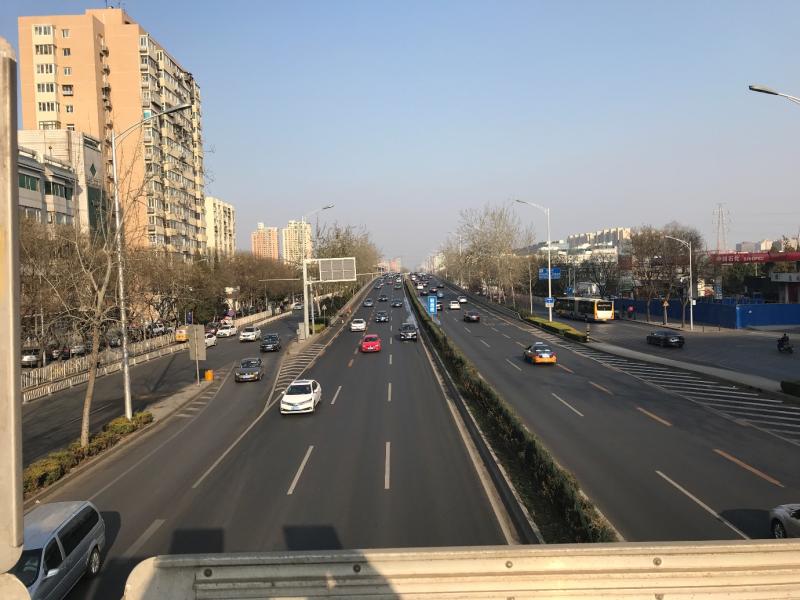×
The Standard e-Paper
Kenya’s Boldest Voice

The Hansard dated June 6, 1985 has an interesting debate in parliament over the toll stations.
The big debate was on where the toll stations would be located. The tolls at Athi River and Ruiru, it was argued, would increase the cost of production for industries in Thika and Athi River. Does the argument still hold?







